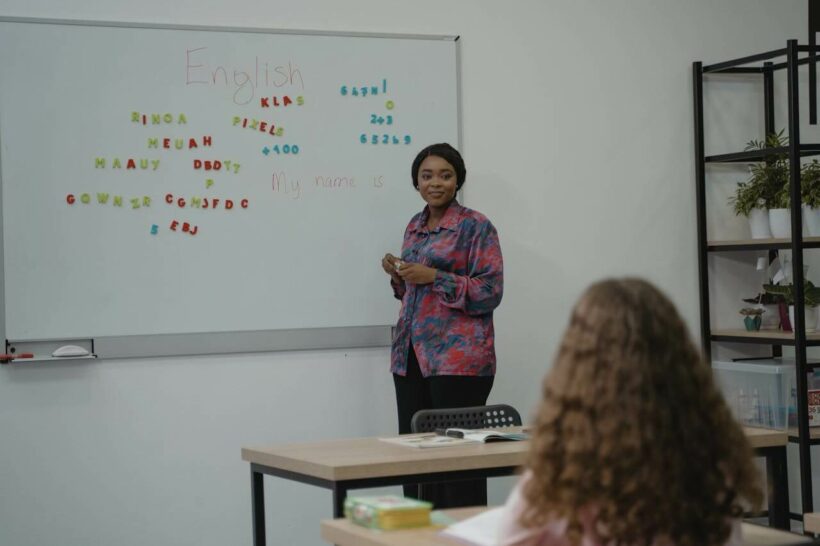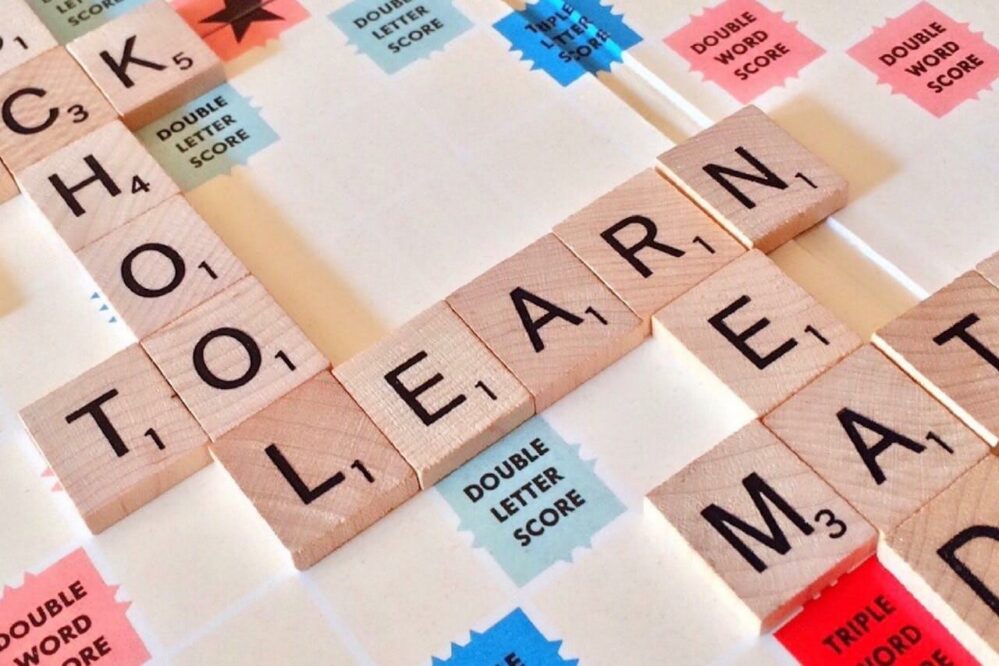If you are passionate about teaching English to non-native speakers and want to embark on a fulfilling career in language education, obtaining an ESL (English as a Second Language) certificate is the first step toward success. ESL certifications provide a gateway to a world of opportunities in English language teaching.
So, read on to learn more about how to get an ESL certificate as we guide you through the process and provide tips on how to get the most out of your ESL certification.
What Is an ESL Certification?
ESL certification is a credential that demonstrates your proficiency and qualification to teach non-native speakers how to speak, read, and write in English. This certification holds great significance in the field of English language teaching because it sets a standard for quality education and validates that you possess the necessary knowledge and skills required to teach English.
As an aspiring ESL teacher, this certification can be highly advantageous for you. It allows you to access a wider range of job opportunities in schools, online teaching platforms, and universities, both locally and internationally. Furthermore, by obtaining ESL certification, you can gain knowledge about the most effective teaching techniques, strategies, and methods for non-native English learners.
ESL certifications you may pursue
There are various ESL certifications available, tailored to different types of speakers:
- ESL: Teaching English as a second language to non-native speakers living in the U.S.
- TEFL: Teaching English as a foreign language to non-native speakers in their own countries.
- TESL: Teaching English as a second language to non-native speakers living in an English-speaking country.
- ESOL: Teaching English to learners who speak another language as their first language.
- TESOL: Teaching English to speakers of other languages to non-native speakers both inside and outside the U.S.
- CELTA: Teaching English to adult speakers of other languages.
How to Get an ESL Certificate?
To get an ESL certificate and become an English language instructor, you need to follow specific steps.
Earn a bachelor’s degree
A bachelor’s degree is the minimum educational requirement to gain ESL certification and work in a teaching position in the U.S. Completing one in English, education, or a related field will help you achieve the necessary knowledge and skills to be an effective ESL teacher. A bachelor’s degree can also open more job opportunities, as many employers prefer hiring ESL teachers with a bachelor’s degree.
Choose which certification is best for you
To choose the most suitable ESL certification for your needs, consider several factors, such as your career goals, preferences, and where you would like to teach. Different types of ESL certifications have different purposes. For example, to teach ESL in the United States, you must obtain a CELTA certificate. However, if your goal is to teach ESL internationally, obtaining TEFL or TESOL certification will suit you.
Enroll and complete training
The next step in your journey to getting an ESL certificate is enrolling in an accredited ESL certification program. Once you’ve chosen a program that best aligns with your goals, preferences, budget, and learning style, you must enroll and complete the required coursework to demonstrate your commitment to acquiring the necessary knowledge and skills to teach English effectively.
Earn certification
Finally, you must complete the program’s last steps to obtain ESL certification. These can involve tests and assessments on your overall understanding of linguistics and the English language, including listening, speaking, reading, and writing. You must also earn teaching certification from the state where you want to work. The requirements vary from state to state, with some requiring the Praxis exam and others having their certification test system.
Tips for Getting Your ESL Certification
Here are some tips to help you successfully obtain your ESL certification and embark on a rewarding career as an ESL teacher.
Research accredited programs
A crucial factor to consider when selecting ESL schools is accreditation by a reputable organization. Accreditation is of considerable significance as it provides quality education recognized within the field of English language teaching.
Our Mentora ESL school is accredited by the Commission on English Language Program Accreditation and agrees to uphold the CEA Standards for English Language Programs and Institutions.
Network and seek advice
The ESL certification journey is an excellent opportunity for you to connect with ESL teachers who have firsthand knowledge of different certification programs, as they can offer insights about the programs with a proven track record of success. Seeking advice from them also provides you with the guidance and support you need to make informed decisions, helping you achieve your goals. Networking with other professionals in the field is a rich resource that contributes to your ongoing professional growth and development. It allows you to collaborate on educational projects, find mentorship opportunities, and share best teaching practices.
Consider your goals
It’s essential to invest time in researching various ESL certifications and finding one that best suits your goals, preferences, and future aspirations. One factor to consider is the grade level you want to teach, as some certificates are more suited to specific grades. For instance, a CELTA certificate is ideal for teaching English to adults.
✅ Request information on BAU's programs TODAY!
Build a teaching portfolio
A teaching portfolio allows you to document who you are, what kind of teacher you are, and your experience and achievements. Therefore, it’s important to start compiling your portfolio during your ESL certification process. The teaching portfolio can serve as a tool to highlight your strengths as a teacher and demonstrate your abilities in creating an effective teaching plan. Moreover, it allows you to document your professional development, summarizing your entire journey to becoming an ESL teacher.
Stay informed
Continuing education and staying informed on the latest teaching trends and methodologies is essential regardless of whether you teach in a public school, university, or corporate setting. Ongoing professional development allows you as an ESL teacher to strengthen your skills and share ideas and feedback about teaching methodologies with others. Furthermore, it encourages you to ensure that your teaching remains relevant and impactful in the ever-evolving teaching landscape.
The Bottom Line
Becoming certified in ESL can open up many opportunities to work with non-native English speakers from diverse backgrounds, both locally and internationally. Therefore, it’s crucial to invest some time in researching and selecting the appropriate ESL certification that aligns with your career goals and preferences and adequately prepares you to excel as an ESL teacher.
Learn more about Mentora College (ESL Program) and begin your journey towards ESL certification today!
Frequently Asked Questions (FAQs)
Can I teach ESL without a degree?
Although teaching English as a second language without a degree is possible, you may have a harder time finding employment in states that require a bachelor’s degree in English, education, or a related field. Therefore, having a bachelor’s degree can increase your job opportunities in more states.
What is the best way to teach English as a second language?
The best way to teach English as a second language involves considering factors such as learners’ age, proficiency level, cultural backgrounds, and the resources available. However, effective methods include:
- The direct method
- Communicative language teaching
- Task-/project-based learning
- Total physical response
- The eclectic approach of bits and pieces of other teaching strategies.
How much does it cost to get TEFL certified?
The cost of getting TEFL certified depends on factors such as the type of course (in-person, online, or hybrid), course length, course location, synchronous or asynchronous learning, and accreditation and reputation. Our TEFL course fee at Mentora College is $400.
Is it hard to pass a TEFL course?
The difficulty of a TEFL course depends on your prior experience with teaching and language skills. If you don’t consider yourself massively academic or if it’s been a while since you were last in a learning environment, the TEFL experience may be overwhelming. That said, you’re unlikely to fail a TEFL if you dedicate time, complete your assignments, and respond to your tutor’s feedback.













